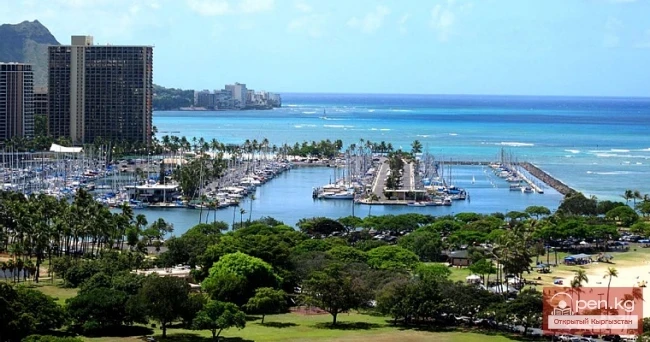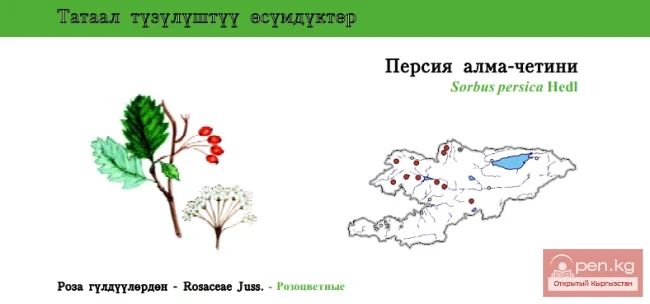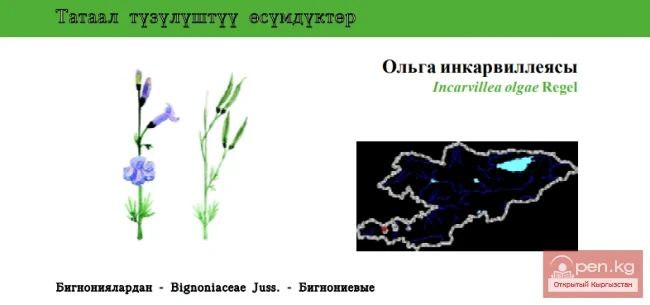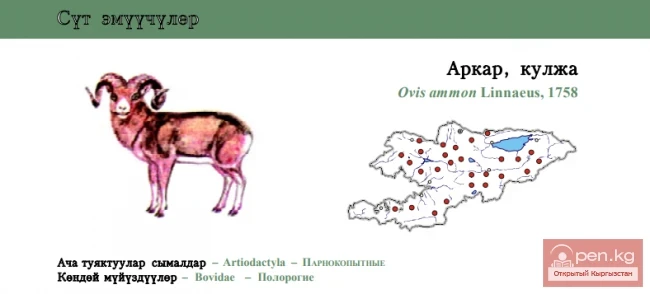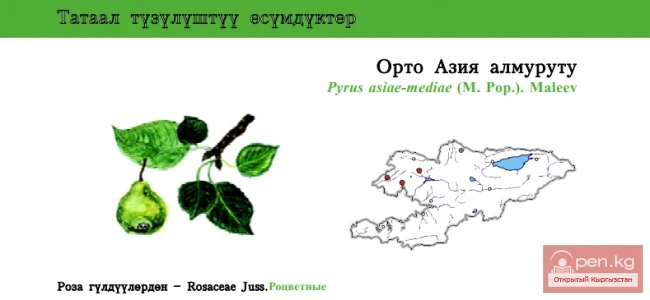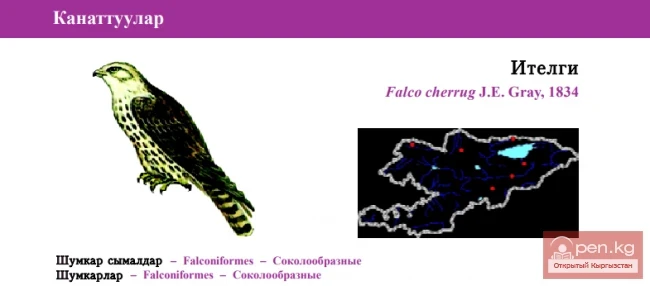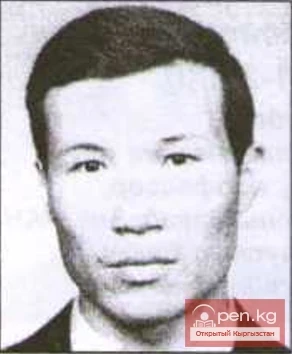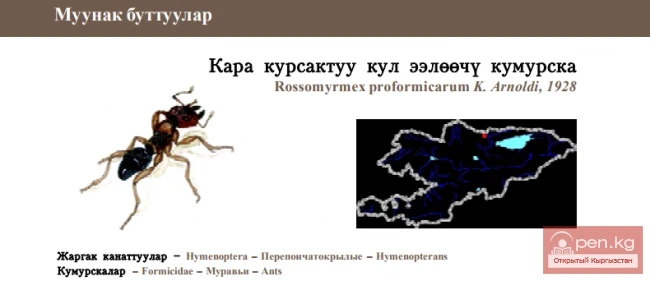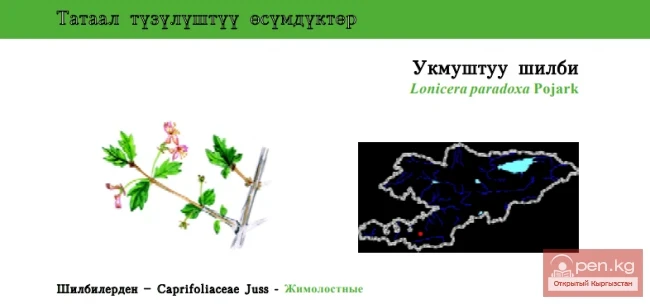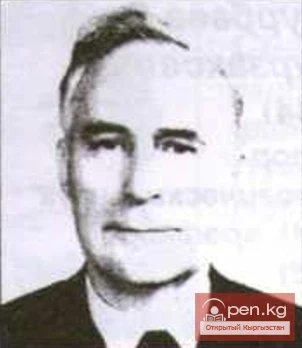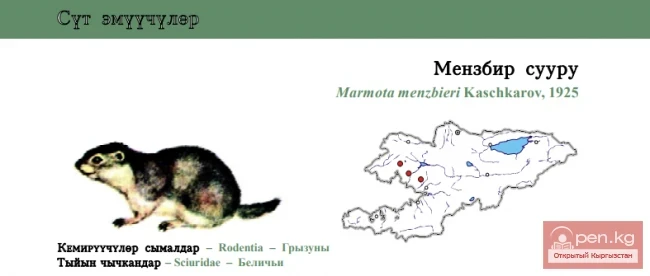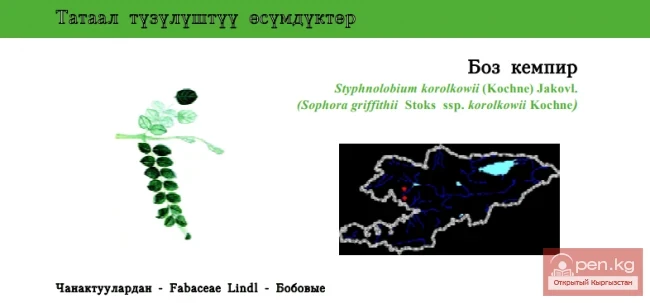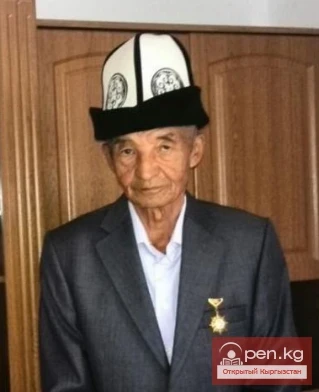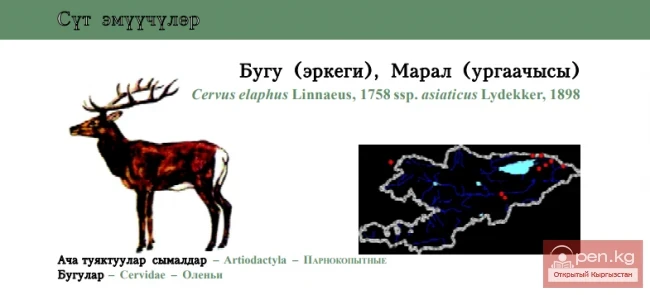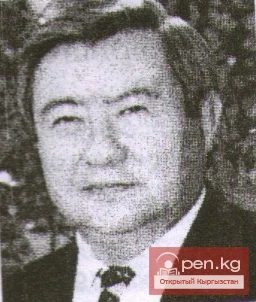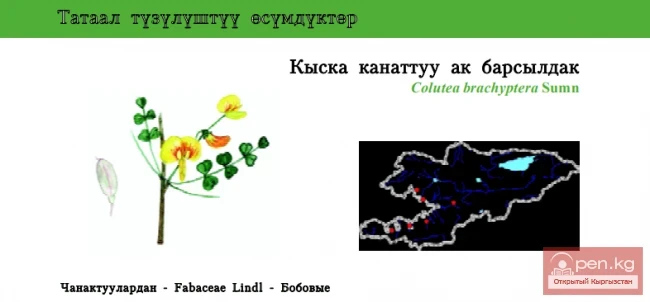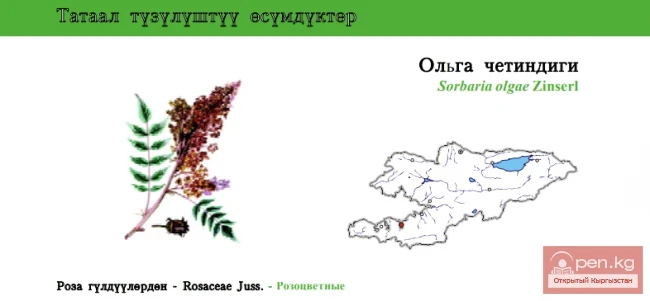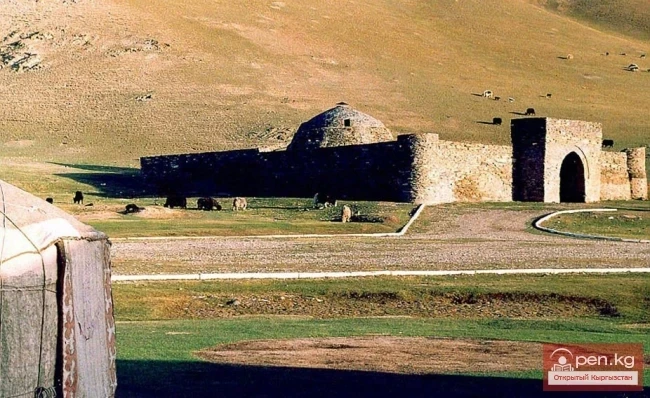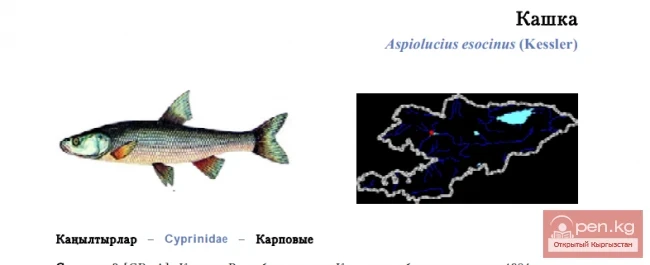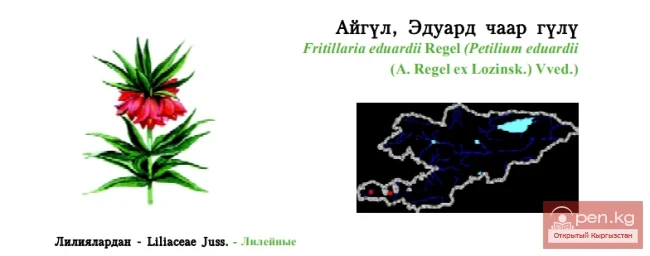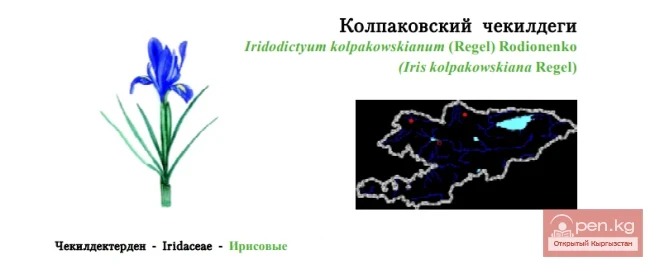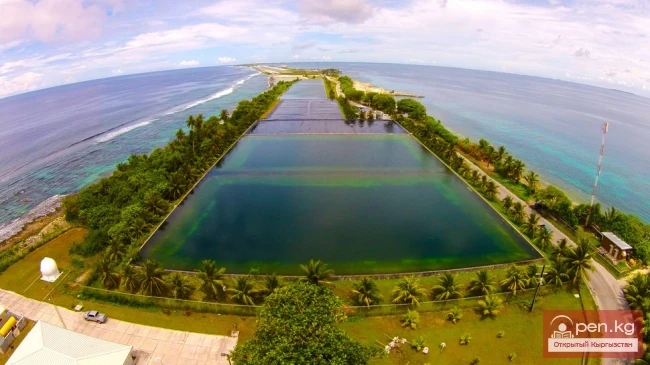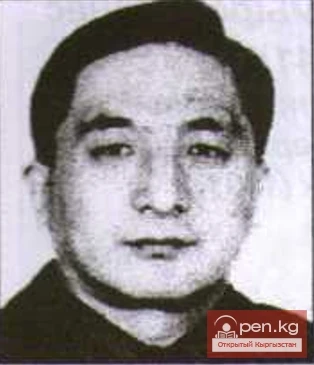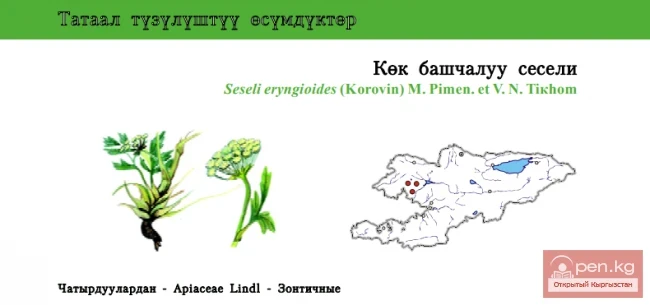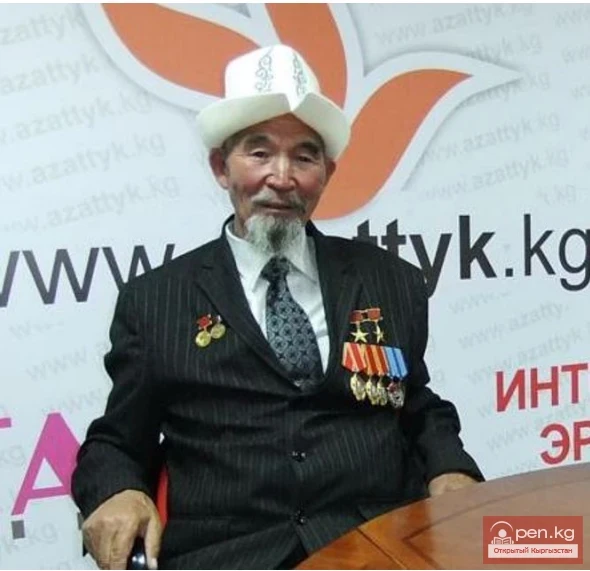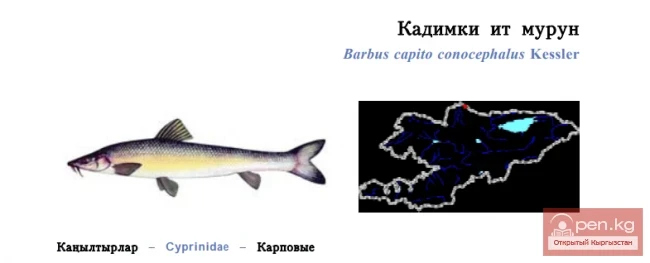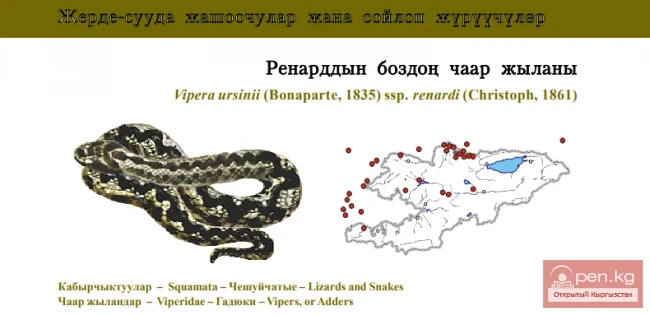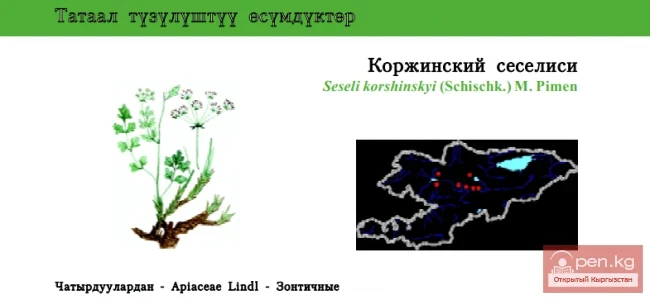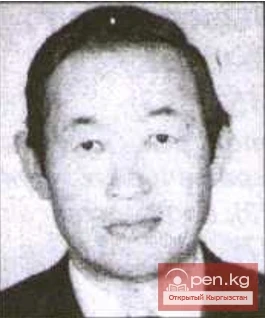NAURU. Republic of Nauru
A state in Oceania, located on the eponymous coral island in the southwestern part of the Pacific Ocean. Area — 21 km².
It does not have an official capital; the government residence is in the Meneng district, while government buildings and parliament are located in the Yaren district. The administrative-territorial division consists of 8 districts. Population - 10.1 thousand (2004); of which 60% are Nauruans (Polynesians), the rest are immigrants from other islands of Oceania, Chinese, Filipinos, and Europeans. Official languages are Nauruan and English. Religion: 60% of the population are Protestants (mainly Congregationalists and Anglicans), the rest are Catholics and others. The currency is the Australian dollar.
It has diplomatic relations with the Russian Federation (established with the USSR on December 30, 1987).
National holiday—January 31 - Independence Day (1968).
Nauru is a republic within the Commonwealth. According to the constitution (1968), the head of state and government is the president (L. Scott), elected by parliament for a term of 3 years. Legislative power belongs to the parliament (18 deputies, elected by the population for 3 years).
The first European to visit Nauru was the English navigator J. Fern in 1798, and from the 1830s, the first European settlers began to arrive. In 1888, Germany annexed the island, incorporating it into its protectorate of the Marshall Islands. In 1914, the island was occupied by Australia, which received a mandate from the League of Nations to administer Nauru in 1919 (jointly with Great Britain and New Zealand). In 1942, the island was captured by the Japanese. In 1947, Nauru, as a trust territory of the UN, returned to joint administration by Great Britain, Australia, and New Zealand. In the late 1940s and early 1950s, the independence movement gained momentum in the country. In December 1951, based on the Council of Chiefs established in 1927, the Nauruan Local Government Council was formed. In 1966, the Legislative and Executive Councils were established in Nauru, gaining real powers in local self-government matters. On January 31, 1968, the independence of the state was proclaimed.
Since the early 20th century, active phosphate mining has been conducted on the island, the reserves of which are now almost depleted.
Agriculture is poorly developed and is oriented only towards domestic consumption. The main agricultural crop is coconuts (2 thousand tons), along with vegetables and fruits.
The state airline "Air Nauru" and the shipping company "Nauru Pacific Line" operate in the country.
In 1968, the state broadcasting service "Radio Nauru" was established. Television broadcasts are conducted from New Zealand.
